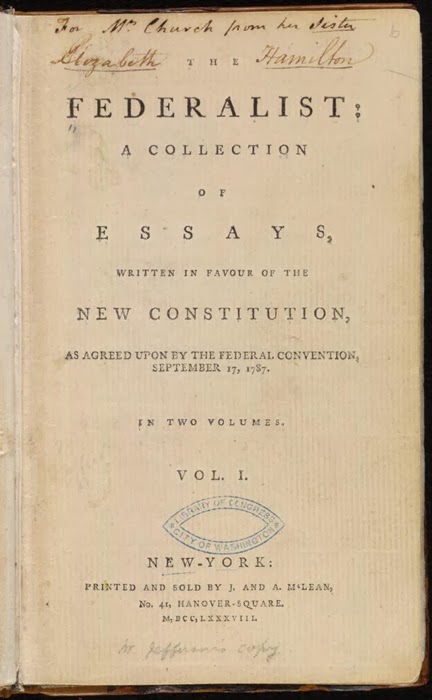“The pillars of our
prosperity are the most thriving when left most free to individual enterprise.”
Thomas Jefferson
The Founders were
firm believers in private property rights.
In their minds, private property rights and liberty were
intertwined. Does this make sense?
Let’s go back to
1776. At the time, we revolted against
more than the British; we also revolted against Divine Right. A short time earlier only nobility owned
property and the great mass of humanity were serfs. As this system withered, the common man
developed property rights, and with property, gained political voice. The Enlightenment preached that all men
possessed God given rights, including the right to own property. By the second
half of the eighteenth century, most British subjects equated property rights
with liberty because they had seen that one followed the other.
In their view,
prosperity and broad distribution of wealth depended on the protection of
private property. Even before the
Declaration of Independence, the Virginia Declaration of Rights led off with
“all men are by nature equally free and independent and have certain inherent
rights, of which … namely, the enjoyment of life and liberty, with the means of
acquiring and possessing property.”
James Madison said, “The government is instituted to protect property.”



.jpg)
.jpg)

















.jpg)






